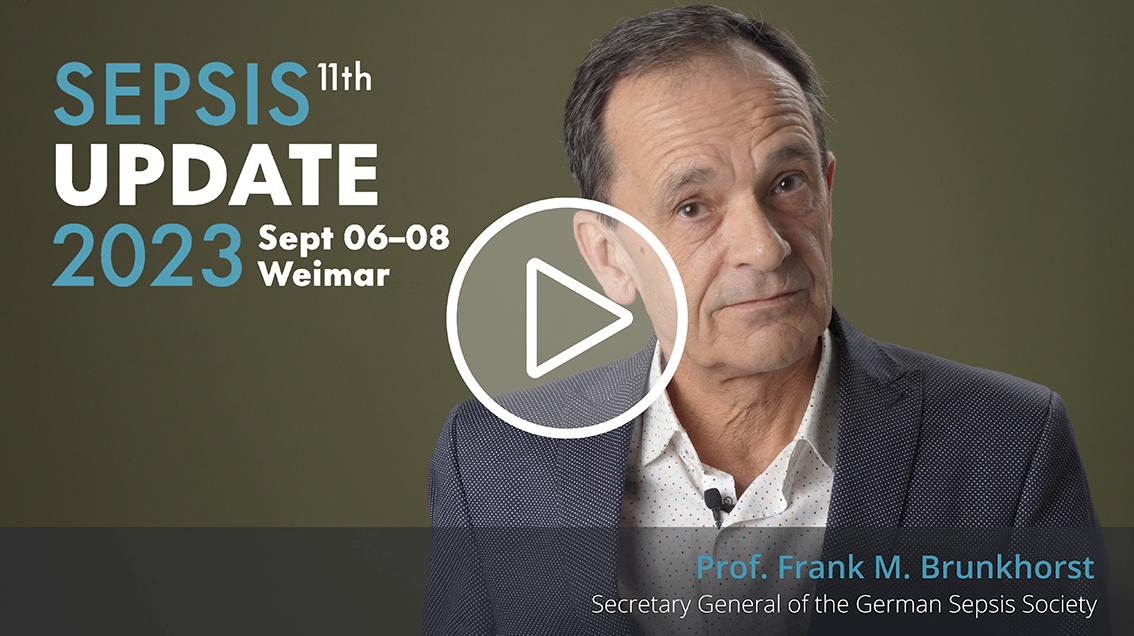Have any questions?
+44 1234 567 890
Welcome
... to the 11th Weimar Sepsis Update of the German Sepsis Society (GSS)!
Dear colleagues,
In the past 36 months, the critical care community has been confronted with the Corona pandemic, which has added SARS-CoV-2 as a new pathogen to the diverse range of sepsis pathogens. This has accelerated vaccine and drug development in a way that has never been seen before. SARS-CoV-2 has shown us once again how different the specific (adaptive) immune response to a specific pathogen can be and how differently organ dysfunctions may develop as a result.
In contrast to other sepsis pathogens, the immunotherapy of severe COVID-19 has reached important advances, being the first sepsis pathogen in which a strong level of evidence permits the recommendation of immunotherapy. Apparently ineffective or even harmful therapeutic approaches based on evidence extrapolated from other sepsis conditions may be appropriate in the face of novel pathogens with a different immunopathology. Indeed, the initial expert opinion to avoid corticosteroids and IL-6 receptor antagonists (IL-6ra) as an immunomodulatory treatment for COVID-19, while later on, they became standard-of-care (SoC), underscores the importance of obtaining solid evidence based on robust clinical trials. These advances provide impetus to better understand the effects of IL-6 on different compartments and pathways, i.e. the endothelium, complement activation, and coagulation which might improve management of other forms of sepsis in the future.
Another lesson from COVID-19 clinical research is that traditional trial designs are not well-suited for efficient evaluation of differential treatment effects in different patient groups. Most of the evidence supporting SoC options has come from adaptive platform trials, such as RECOVERY or REMAP-CAP. These designs are more flexible for the evaluation of combinations of therapies and evaluation of effects across different subgroups.
However, as pointed out in a recent review by van de Veerdonk et al. (Nat Med 2022, 28, 39–50), the host response to SARS-CoV-2 – and other sepsis pathogens – is complex, characterized by a plethora of pathways that can be both beneficial and deleterious. Not surprisingly, agents that modify these pathways can be beneficial for some patients and ineffective or even harmful for others. The way forward is to perform trials based on robust biomarkers, so that patients that are more likely to benefit from a given treatment will receive it.
The meeting will give outstanding researchers the opportunity to report on the latest advances in immunomodulatory approaches to the adaptive immune response in sepsis. Get up to date on the current state of knowledge!

Get the latest updates!
Newsletter
Subscribe to our newsletter to receive the latest news and updates about Sepsis Update!
You can unsubscribe from the mailing list at any time.
By clicking on 'Subscribe' you agree to receive the newsletter with information on Sepsis Update, as well as to its analysis through individual measurement, storage, and evaluation of opening rates and the click rates in recipient profiles for the purpose of designing future newsletters according to the interests of our readers. You can unsubscribe at any time. Please find detailed information in our privacy policy.
